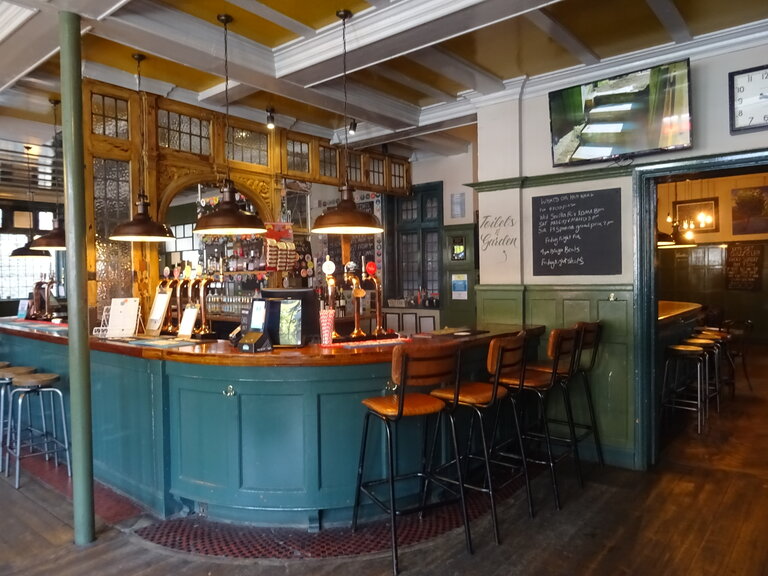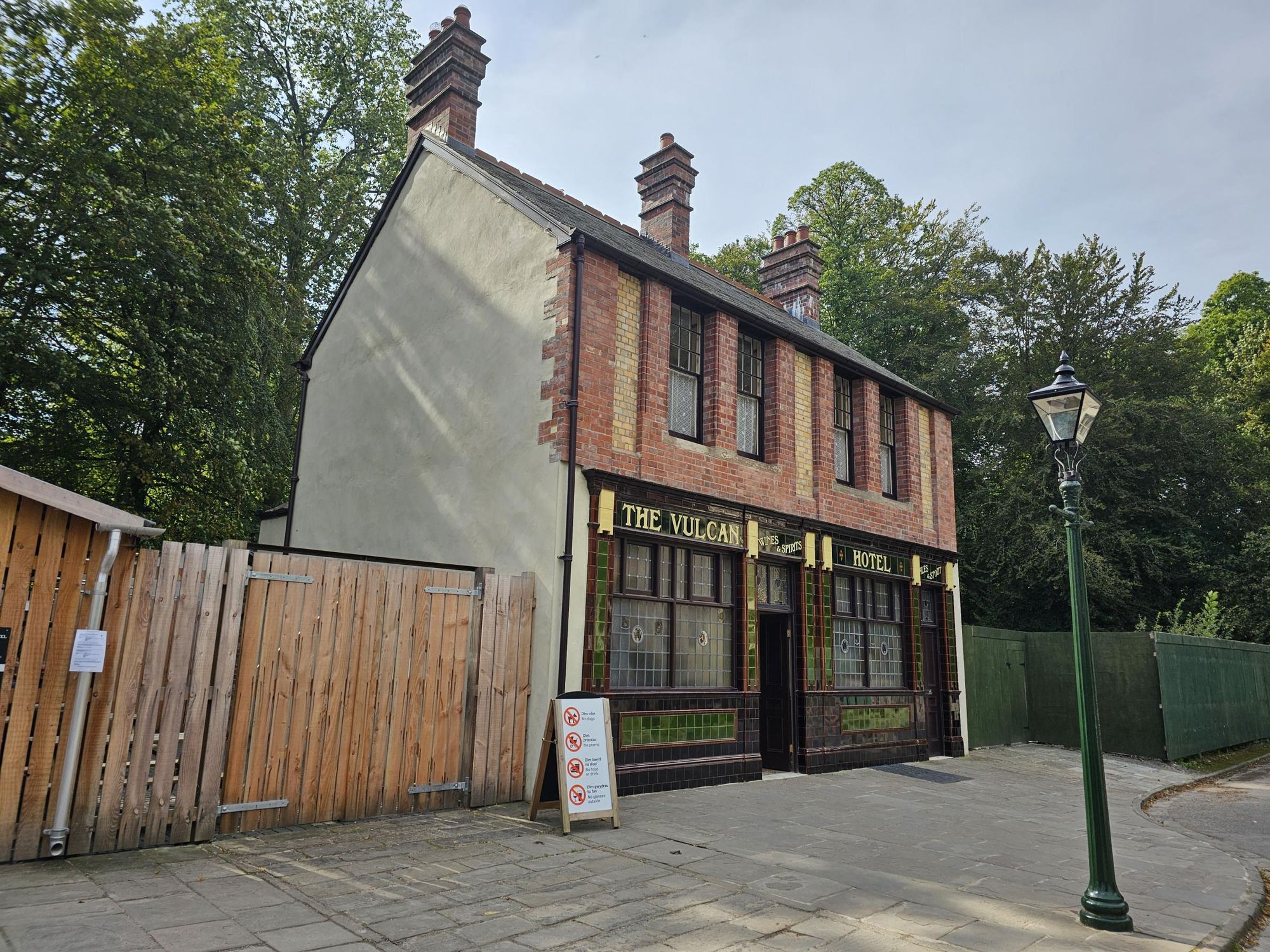The four year rule

During the Covid lockdown, the 5B Urban Bar in Three Colt Street, Poplar, formerly the Five Bells & Bladebone, was converted into three flats without planning permission. This never came to the attention of Tower Hamlets Council and there is a four year limit on planning authorities being able to take enforcement action. Consequently, in August, once enforcement action was no longer possible, the developers applied for a certificate of lawfulness to legitimise the situation. Three months on, the Council have yet to grant the certificate but, given that the flats are now occupied and provided that the works are fit for purpose, it’s hard to see it being refused. This case highlights the need for any similar unauthorised works to be drawn to the attention of the local planning authority as quickly as possible. With thanks to Robert Frosdick for drawing the case to my attention.
CAMRA Pub Heritage updates
The planning application to convert the upper floors of the Grade II*- listed Eastbrook in Dagenham to hotel use has been approved. The pub is regarded as one of the best preserved 1930s pubs in London and rates three stars on CAMRA’s register of historic interiors. The new plans involve converting one of the two ground floor rooms, the Tudor style Oak Room, into the hotel reception. The works will not start for some time and the pub will remain open until then. In the meantime, the Oak Room will not be in regular use, although it will be available for special occasions and visitors can ask to see it. The other ground floor room, the spectacular Walnut Room remains open and it is worth a visit just to see that.

The Kings Arms in Hanwell had a one star listing because its interior was largely unchanged since it was built in the 1930s. Unfortunately, a recent refurbishment saw the removal of both the original bar counters and the bar back. Consequently, it has now been removed from the register.

Similarly, the Hanbury in Islington has also had a number of historic fittings removed during a refurbishment and what remains is not sufficient for the pub to retain its one star status.

Vulcan rebuilt
Happily, it is quite common for urban pubs to be dismantled and rebuilt to continue their lives at living history museums. The Black Country Museum in Dudley recently added a second and there are other examples at Ironbridge in Shropshire, Beamish in County Durham and the National Tramway Museum at Crich in Derbyshire. I’m sure that there are others. One of the latest is the Vulcan Hotel, which stood in Adam Street in Cardiff (CF24 2FH) and I actually visited before it closed. Dating from 1853, it was fairly basic but full of history. Sadly, it was in the way of a redevelopment and closed in 2012. A petition to save it drew thousands of signatures, which led to the developers offering the building to Amgueddfa Cymru (the National History Museum of Wales). They dismantled it with all the necessary care and moved it to their site at St Fagans, just outside Cardiff. It has now been rebuilt as it was in 1915. It is operating as a pub to contribute to the museum’s income. It was formerly a Brain’s house but now serves beers from the Glamorgan Brewing Co.
